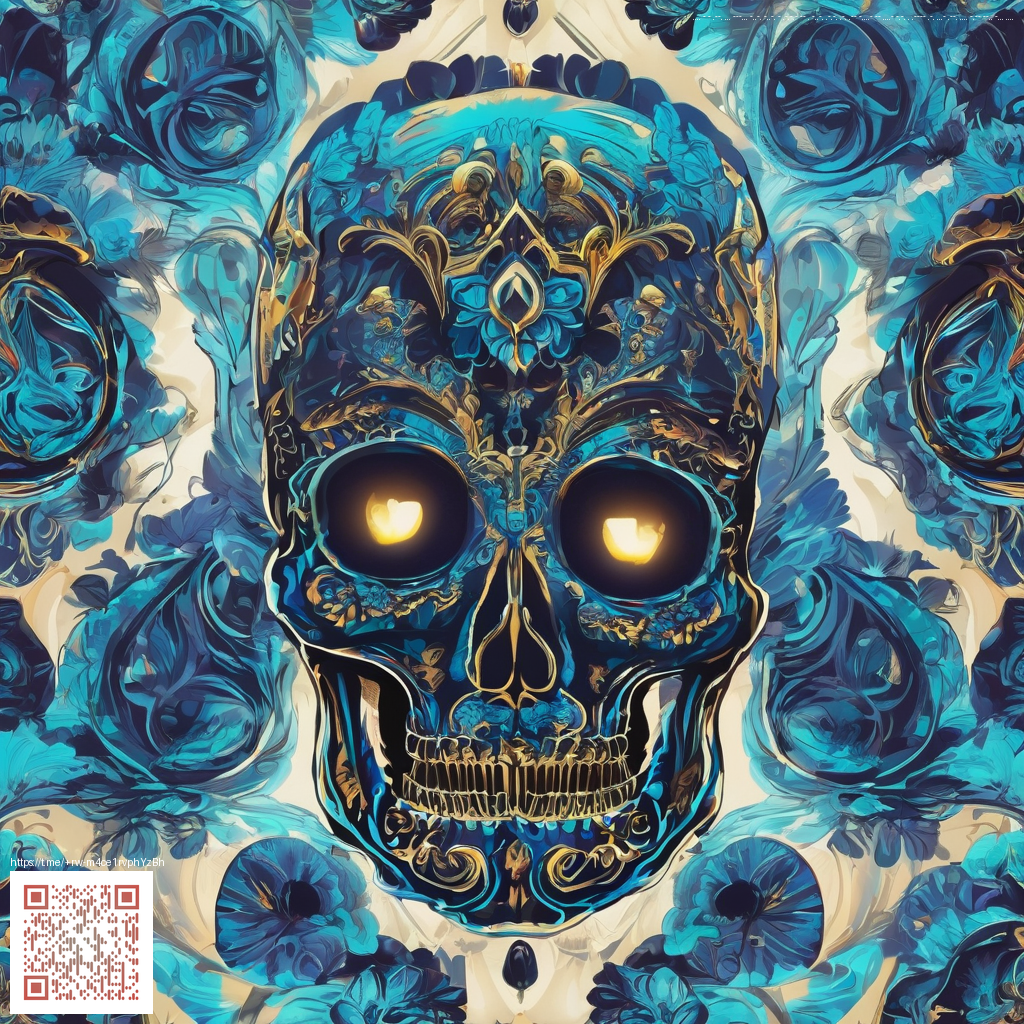
The Highway That Eats the Night
The rain hammered the windshield with the persistence of a prayer unanswered for years, and I drove anyway, chasing a rumor that sounded like a dare from the dark itself. The map whispered a shortcut, a line of asphalt that would bend the night back toward morning if you only believed hard enough. I believed, perhaps foolishly, and pressed the accelerator until the hum of the engine became a second heartbeat in the car’s chest.
The road stretched straight as a secret between two fields of dead corn, and the streetlights marched past in a lazy procession, their halos thinning to breath as I sped forward. Exits bled away into mist, and the silence between tires and rain grew thick enough to swallow sound. It wasn’t long before the highway began to feel aware of me—like a patient listener who knows every wrong turn you’ve ever chosen even before you admit it aloud.
“Some roads don’t lead you anywhere,” a voice inside the radio seemed to whisper, “they swallow you until you forget you were ever asking questions.”
I kept a stubborn grip on the wheel, telling myself it was nothing more than weather, camouflage for fear. Then the night began to fold in around the car in real time. The darkness didn’t merely befall the windshield; it stretched into the cabin, curling around the corners of the dashboard and tugging at the edges of memory. My reflections in the glass looked back at me with unfamiliar gravity, as if the person driving was a copy of a person who had never existed.
At a narrow bend where the road should have peeled away to a distant town, the lamps above vanished in a synchronized sigh, and the road revealed a new face: a highway that ate the night as if it were a living thing, gulping each star and swallowing the horizon whole. The engine thrummed in rhythm with my pulse, and every mile marker that flashed by carried a heavier weight, like a toll exacted for the privilege of crossing.
- Hours dissolve and reappear as if time itself is a ransom.
- Road signs flip to messages you cannot quite decipher, guiding you deeper into absence.
- Your own image in the rearview darkens until you recognize a stranger who once believed the light could last.
- The night breathes back at you through the vents, a cold exhale that smells faintly of rain and old raincoats.
When the road finally spoke in a whisper you could hear only if you listened with your bones, it offered a choice without a choice: turn back and be remembered as someone who failed to finish the trip, or keep driving and become part of the night’s itinerary. I chose the latter, not out of bravado but out of a desperate calculus—if I vanished here, perhaps tomorrow would remember me as someone who fought the dark rather than someone who let it fall asleep on the highway.
The last mile dissolved into velvet black, and I found myself no longer chasing dawn but colliding with it, the kind of dawn that isn’t light but a memory of light, the moment you forget what it meant to see anything at all. Somewhere beyond the windshield, the road exhaled and kept going, unwrapping the night like a long, patient vow. And as the car drifted onward, I realized I wasn’t merely crossing a boundary—I was becoming it, a quiet current in a road that consumes the dark and, in turn, consumes those who walk its edge.